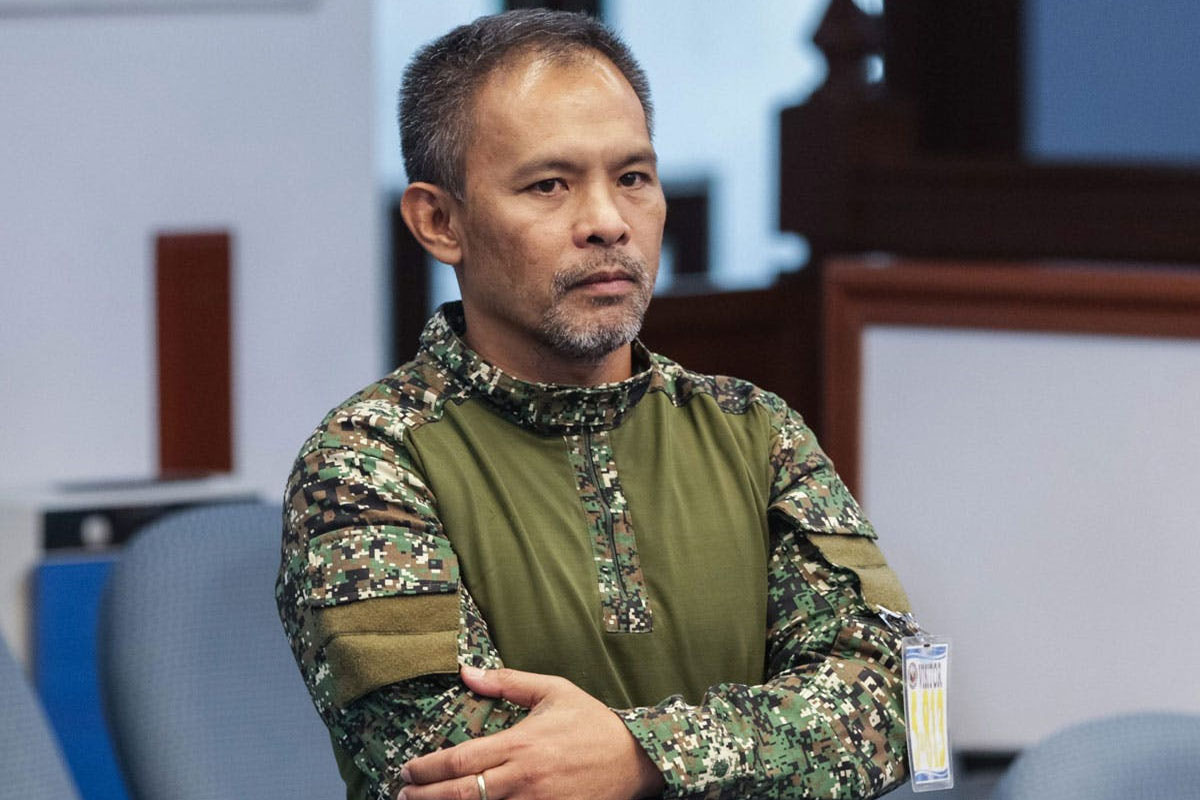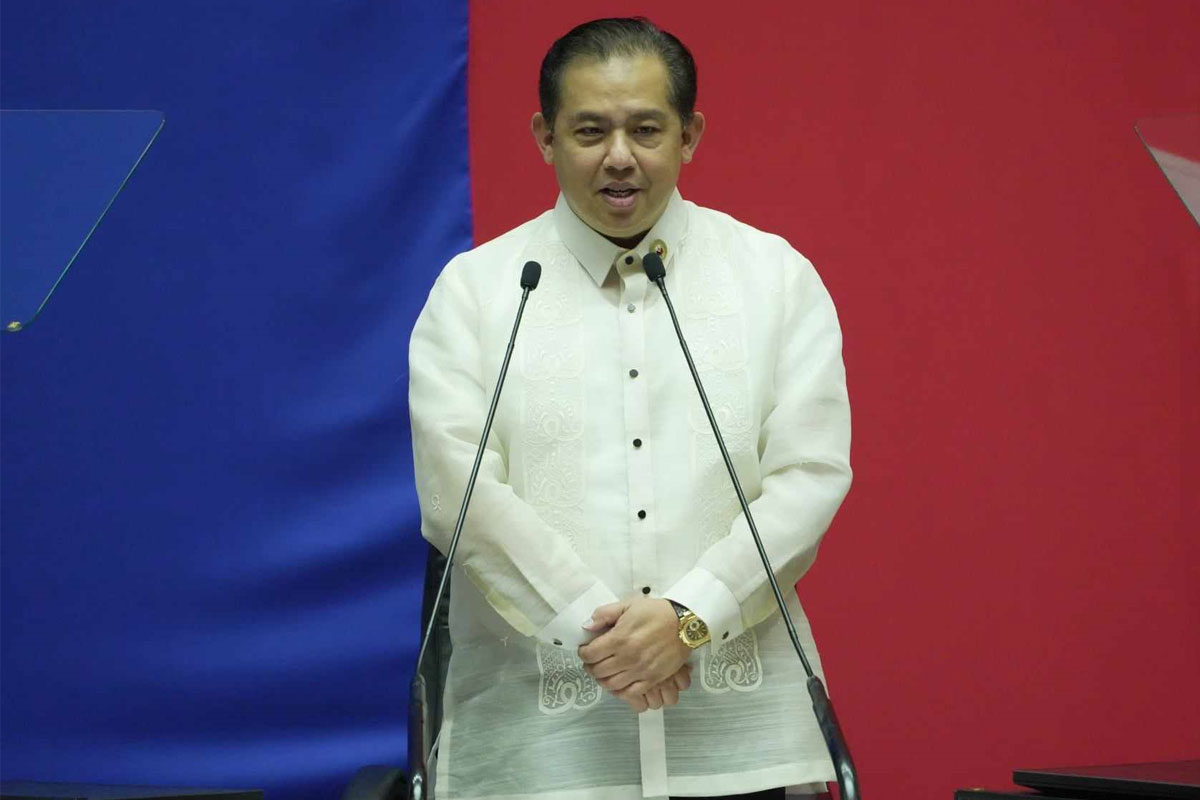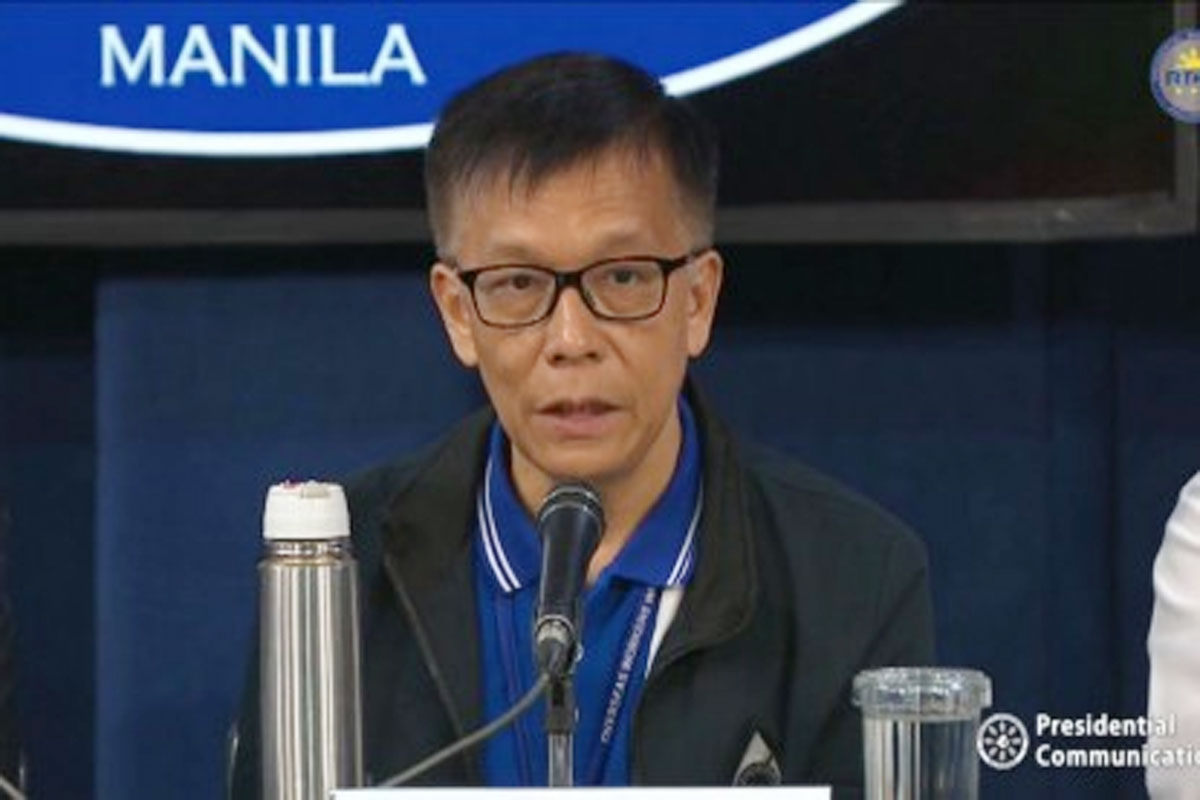
Defending what is rightfully ours
IN understanding our sovereign rights over the West Philippine Sea one has to realize that it is governed by both domestic and international law. Clearly stated in our constitution under Article XII (National Economy and Patrimony) Section II, that “the State shall protect the nation’s marine wealth in its archipelagic waters, territorial sea, and exclusive economic zone (EEZ), and reserve its use and enjoyment exclusively to Filipino citizens”. As such, it is the constitutional mandate of our government to defend our sovereign rights over our EEZ regardless of what may be perceived to be ingratitude to other foreign entities.
Even Presidential Decree 1599 explicitly asserts that without prejudice to the rights of the Republic of the Philippines over it territorial sea and continental shelf, it shall have and exercise in the exclusive economic zone established herein the following; (a) Sovereignty rights for the purpose of exploration and exploitation, conservation and management of the natural resources, whether living or non-living, both renewable and non-renewable, of the seabed, including the subsoil and the superjacent waters, and with regard to other activities for the economic exploitation and exploration of the resources of the zone, such as the production of energy from the water, currents and winds; (b) Exclusive rights and jurisdiction with respect to the establishment and utilization of artificial islands, off-shore terminals, installations and structures, the preservation of the marine environment, including the prevention and control of pollution, and scientific research; and (c) Such other rights as are recognized by international law or state practice.
Moreover such Constitutional assertion adheres to the United Nations Convention on the Law of the Sea or UNCLOS (adopted in 1982 in Montego Bay, Jamaica and entered into force in November 16, 1994) that defines the limits of territorial seas of countries from which they can explore and exploit marine resources. These are called Exclusive Economic Zones (EEZ) and they are known as an innovation introduced by UNCLOS. The EEZ is an area beyond and adjacent to the territorial sea: it can extend to a maximum 200 nautical miles from the baselines. Within the EEZ, a coastal State enjoys sovereign rights over its natural resources. It can exercise its jurisdiction over certain activities for the purpose, among others, of protecting the environment, but it is also obliged to respect the rights of other States.
So when China contended claim over our West Philippine Sea through their “nine-dash line” argument, the Permanent Court of Arbitration (PCA) in The Hague under the dispute settlement procedures of Annex VII to the 1982 United Nations Convention on the Law of the Sea (UNCLOS) ruled that China has never clarified whether the line represents a claim to the islands within the line and their adjacent waters; a boundary of national sovereignty over all the enclosed waters (including, but not limited by, the land features inside the line); or a “historic” claim of sovereignty or some other set of historic rights to the maritime space within the line. The Philippines sought a declaration that the countries’ respective rights and obligations regarding the waters, seabed, and maritime features of the South China Sea are governed by UNCLOS. As such, China’s claims based on any “historic rights” to waters, seabed, and subsoil within the nine-dash line are contrary to UNCLOS and invalid.
Atty. Howard M. Calleja likewise explains to me: “Let me emphasize that the validity arbitral award is not diminished by China’s refusal to participate in the proceedings. China’s refusal to participate does not impair the proceedings nor does it have any bearing on the validity of the award. It is China’s choice whether to participate or not but it has no choice on its enticement because as state signatory to UNCLOS Treaty it is duty bound to comply with the award.
In the context of these overwhelming legal and moral justifications (both in domestic and international law) to assert our right is warranted, only a political coward and traitor to our constitution would hide behind false diplomacy and exaggerated threats of war. This has also been recognized by the international community except of course China. The support and recognition of the international community is of paramount importance because should China continue its aggressive action and disregard the arbitral ruling it runs the risk of losing its international prestige and credibility”.
One thing is clear, whoever dismisses the arbitral award as a piece of paper is not working for the best interest of the country and is not fit to call himself a Filipino much less lead the Filipino people. Our claim to the West Philippine Sea is rightfully ours, Let’s defend it all cost!
————————-oOo——————————
For any personal comments or suggestions you may call 0917-4805585 or email me at [email protected].























